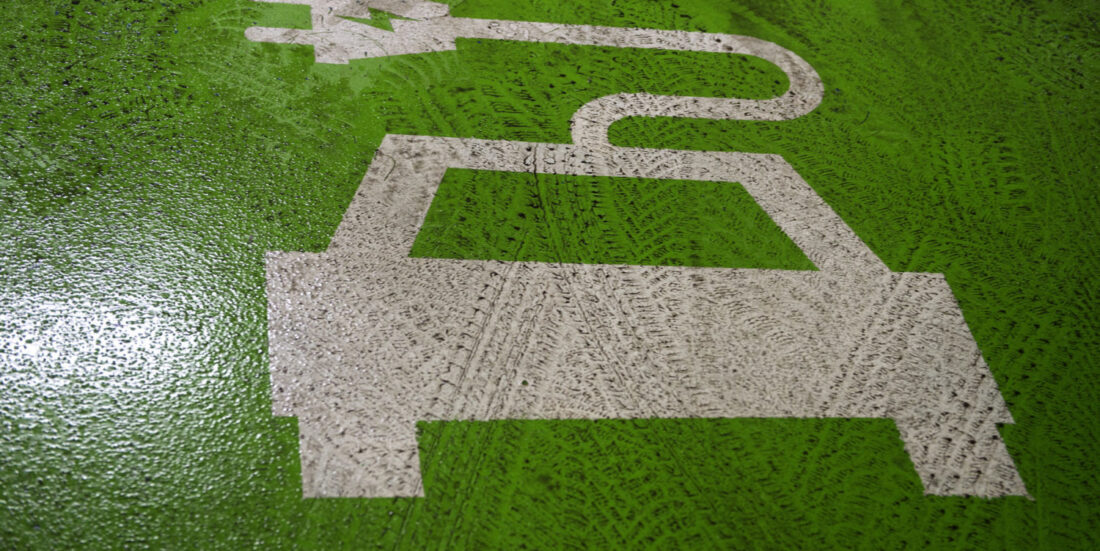What are we going to do with all those used EV batteries?
Very soon, there will be enormous numbers of used EV batteries available, but we have yet to work out how we will be organising the reuse of this massive resource.
A European research project is providing us with the knowledge we need to enable the reuse of end-of-life EV (electric vehicle) batteries.
Multiple challenges
“Very few EV batteries are being put to new uses”, says SINTEF researcher Moana Simas. “One of the reasons is that there are currently very few used EV batteries on the market. There are also challenges when it comes to production responsibility, potential safety problems, as well as political issues such as extended manufacturer responsibility”, she says.
Simas is conducting research into the reuse applications of EV batteries. This is one of several issues linked to the practical roll out of a circular economy. Her research is part of a major European project called TREAsoURcE.
The project is being coordinated by the VTT Technical Research Centre in Finland, with SINTEF as its main partner. Researchers working on the project are hoping to demonstrate that lithium-ion batteries can be reused for sustainable energy storage in public buildings in Norway and Finland.
Another aim of the project is to support the development of markets and value chains for batteries in Scandinavia and the rest of Europe.
Working with Norwegian companies
The researchers are looking at Scandinavia as their main area of focus and are aiming to identify solutions that meet the needs of this region. The Norwegian company Eco Store, which actively reuses end-of-life EV batteries, is one of the project participants.
“By involving a company like Eco Store, we will get an insight into how safety can be enhanced and also an impression of how we can best safeguard these resources”, says Simas.
At Eco Store’s test centre, the researchers will be developing methods to test the condition status of the EV batteries. They will also investigate the potential applications of the batteries and how they can be taken care of.
The project was launched in the summer of 2022 and will be completed in 2026.


